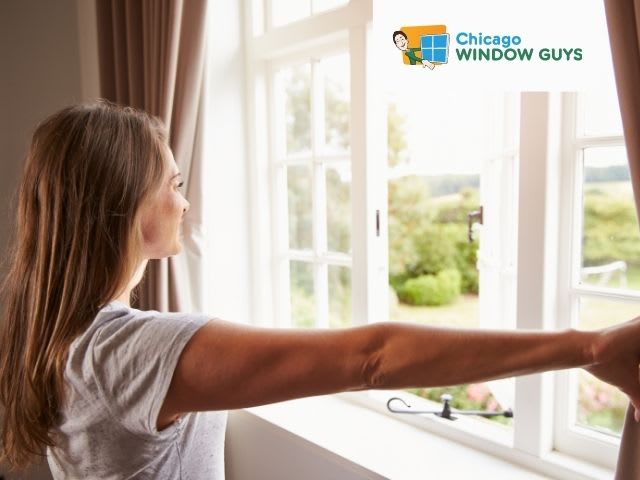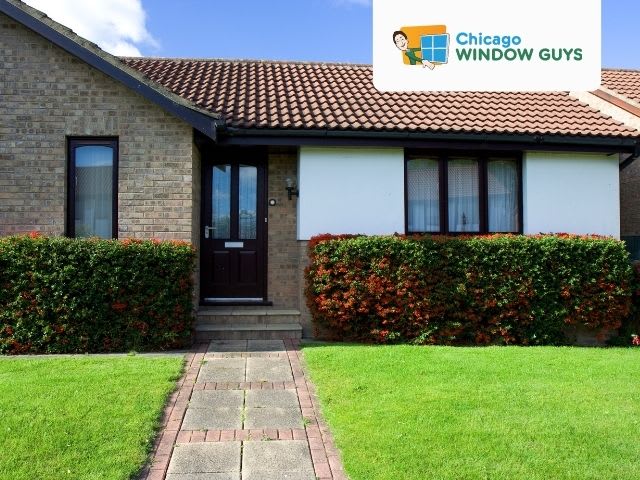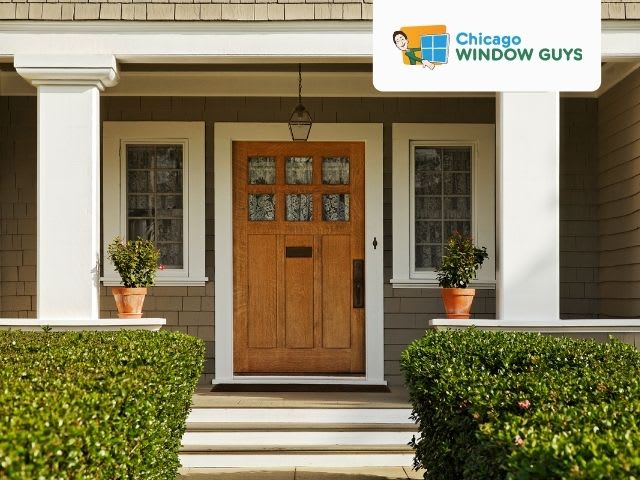Post Update: Article updated September 21, 2020, and originally published on September 29, 2018, and has been completely revamped and updated for accuracy and comprehensiveness.
Chicago has extreme temperatures, which have a significant impact on your electric bills. That’s why having an energy-efficient home can be the solution.
According to Electricity Rates, the average electric bill in Illinois is $94.98, with an average usage of 744 kWh.
Though this is an average, summer and winter tend to get higher energy costs due to the high and low temperatures.
Make sure your home is optimized for energy efficiency to save as much energy, and therefore money, as possible without melting or freezing inside your house.
It doesn’t matter whether you are building a home or remodeling yours; you can apply these tips to save money on your electric bills.
How to Upgrade your Home for Energy Efficiency
According to the federal government’s Energy Star program, the average household spends more than $2,000 on utility bills.
Though this is not an article on how to turn your house into a green home, we bring you some tips you can apply to upgrade your home for energy efficiency.
Seal Up Your Leaks
Duct systems can be a huge culprit of energy loss. The trim around your plumbing pipes could be releasing the cold air from your house. To fix the leaks, you need to identify them and patch up the connections that have holes.
Get Energy Efficient Doors
You can consider many different materials for your front door because warm air might be seeping in through the entrance to your home.
Doors with inferior materials and textures can bleed your air conditioning or heat to the outside without you even realizing it.
Replace Old Windows
Replacing old or damaged windows is the easiest way to make your home energy-efficient.
If you feel a draft near your windows, you are letting the heatwave or cold air into your home. Drafts also release the air from your house outside, causing you to waste money.
Replace glass windows with vinyl windows for the best energy-efficient results. Window replacement makes for a lower energy bill and creates a more comfortable home.

If You Have to Use Your A.C. or Heat
The most important thing to always keep in mind while trying to save on your electric bills is that if no one is inside the house, having your A.C. or heat on is useless, which is why you should turn it off when no is home for a long time.
If you are using an old inefficient A.C., it is best to consider investing in replacing it; the same applies to your heating system.
An energy-efficient house is more valuable; upgrading can be a long-term investment for your future.
Try a Smart Thermostat
A smart thermostat makes energy efficiency an easy task. These devices are wifi-enabled to control your home’s temperatures.
These work by learning your family’s schedule and temperature preference. The smart thermostat adjusts depending on if you are home, away, or sleeping.

Zone It
After you’ve made sure that everything in your house is patched up and you´ve done all the air sealing necessary, try zoning for air conditioning or heat use.
On the areas of the house where it isn’t needed or the rooms are empty, cut it off. You can do this by closing vents in the rooms that aren’t occupied and funneling it into areas where you’re going to need it.
Give the Maintenance Needed to your HVAC
Annual maintenance is essential to ensure your HVAC system is energy-efficient.
The easiest maintenance task is changing your filter every six months. Your filter gets clogged up over time. This causes your system to use more energy to produce the same amount of cold air.
Clean your outdoor unit at least once a year, and remove the exterior panel and hose down the inside of your unit.
Use a vacuum to remove any large debris, but make sure you turn the unit off before cleaning it.
Spring-Summer
Use Your Ceiling Fans during Summer
Using the ceiling fan can help cool you off and increase energy-efficiency.
According to the International Fire Chief Association, ceiling fans reduce energy usage by up to 40 percent in the summer. They use less power and cost less to operate than your air conditioner. Turn your fan on and raise your thermostat by a few degrees.
Fall-Winter
Let the sunlight in
Getting sunlight directly into your home is probably one of the easiest ways to help you heat your house.
This doesn’t mean opening your windows and doors, on the contrary. Keep your windows and doors closed, and open your curtains when the sun is shining, specifically the ones facing the south.
This is a passive solar technique that’s very easy to do.

Lower your Water Heating
According to the Energy Department, water heating is responsible for 18% of your home’s energy use.
Apart from choosing an energy-efficient water heater, there are some tricks to help you reduce your water heating bills. Turning down the temperature of your water heater to 120°F helps enormously for saving energy.
Insulating your hot water pipes and your water heater tank will also help you lower your bills.
Start Renovating
You could save up to 30 percent on utility bills by making a few changes to make your home energy efficient.
Start getting your home as prepared as soon as possible by working with professionals. They’ll let you know what types of windows and doors work best in your home, and they will help you answer all the essential questions that will keep your home as cool or as warm as possible.

from
https://chicagowindowguy.com/home-tips/5-tips-to-keep-your-chicago-home-energy-efficient-in-summer/


No comments:
Post a Comment